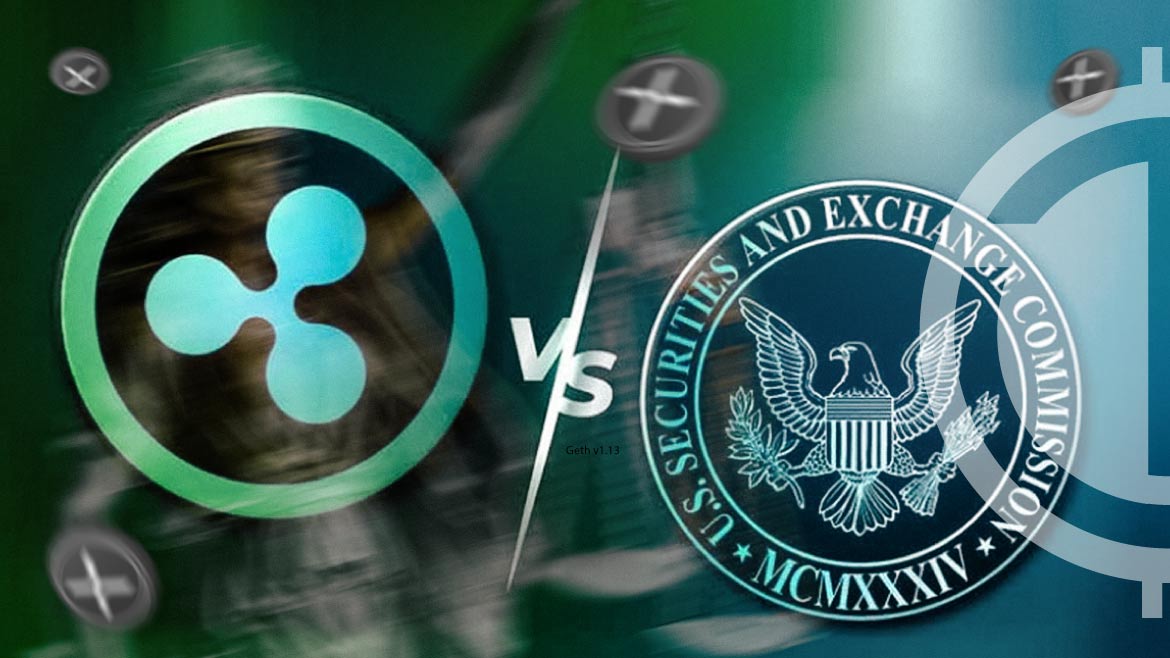- Legal Expert Bill Morgan lists out facts from SEC’s evidence from the SEC vs. Ripple case while defending the company in an online fude.
- Mason Versaluis alleges Ripple has made the largest XRP dump he has ever seen, after making the investors create fake “HYPE”.
- Ripple’s actions such as founder lock-ups, escrows and institutional buyer restrictions reflect its initiative to protect the XRP price.
Pro-XRP expert Bill Morgan has listed out all the facts relating the evidence filed by the Securities Exchange Commission in the latest summary judgment motion held for SEC vs Ripple case. Bill claimed that a detailed analysis of the above-mentioned evidence could dismiss the prevailing FUD regarding XRP and Ripple.
Earlier today, Mason Versaluis the founder of the crypto Discord community channel thegoldsquad, made some comments on X, pointing out that Ripple has made a huge dump of XRP in the retail market. Mason pointed out that 99% of the crypto tokens do not have revenue-producing products, so they might use the investors to hype the price up and then dump to generate liquidity for operations.
In reply to Mason, Bill Morgan replied with a thread on X, posing a series of comments that clear up the FUD about XRP and Ripple:
Delving into the details of the SEC’s submitted evidence, Morgan provided a perspective on the actions taken by Ripple to support the price of XRP. According to Morgan’s assertions, Ripple implemented lock-up agreements for its founders, including Jeb McCaleb, which restricted the immediate sale of their XRP holdings. Additionally, Ripple placed a significant portion of XRP into escrow, with scheduled releases over time. These measures were aimed at preventing large-scale dumping of XRP onto the market, which could lead to price crashes.
Ripple imposed restrictions and lock-up agreements on institutional buyers, which limited their ability to immediately sell the XRP they purchased. This was likely done to ensure that large institutional purchases didn’t have a negative impact on XRP’s price stability.
Ripple’s programmatic sales of XRP were managed with a focus on protecting the token’s price. This may have included instructions to market makers to stop or adjust sales if market conditions were unfavourable for XRP’s price.
In 2020, the SEC accused Ripple of conducting unregistered securities offerings through the sale of XRP. It’s important to note that the legal aspects of this case are complex, and the outcome may depend on the interpretation of securities laws. The SEC’s perspective on Ripple’s actions may differ, and the ultimate decision will be made by the court.






